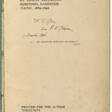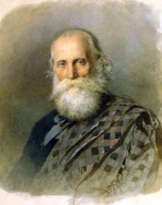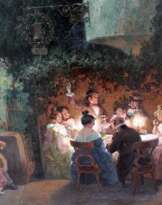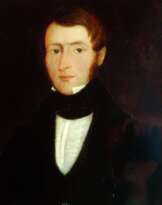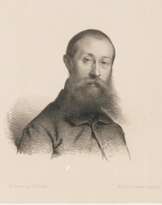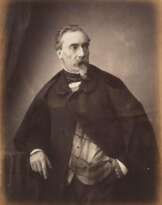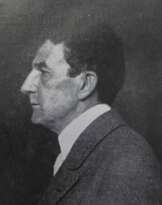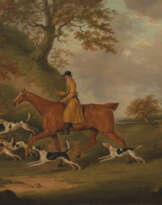Edwin Arlington Robinson (1869 - 1936)
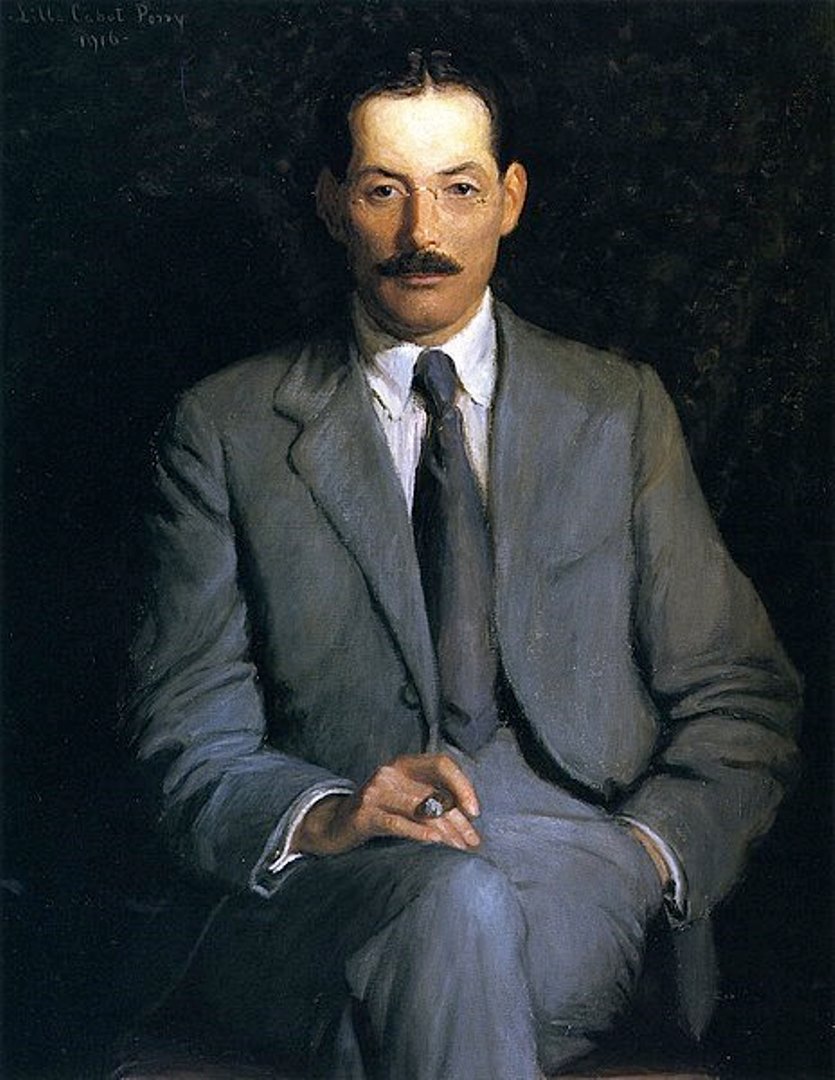
Edwin Arlington Robinson
Edwin Arlington Robinson is an American poet, writer and playwright. He won the Pulitzer Prize three times.
Edwin did not finish his studies at Harvard, but in his youth he wrote a lot, experimenting with translations of Greek and Latin poets, sent his poems for publication in different editions, not always successfully. In 1904, Robinson's poems were seen by President Theodore Roosevelt and gave the poet his way.
Although much of Robinson's poetry deals with failed lives, some critics consider his work to be life-affirming. His Collected Poems (1922) won the first Pulitzer Prize ever awarded to poetry. In 1925, Robinson won a second Pulitzer Prize for his poem "The Man Who Died Twice," the story of a street musician whose only musical masterpiece is a lost after a night of debauchery. And in 1928, Robinson won the Pulitzer Prize again - for his long poem "Tristram," one of a series of poems based on the legends of King Arthur.
Robinson was also nominated four times for the Nobel Prize in Literature, and in 1927 he was elected a member of the American Academy of Arts and Letters.
Although Robinson was one of the most prolific American poets of the early 20th century, he is now remembered for a few short poems. The poet was dedicated to his art and led a solitary life. Edwin Robinson's works have been translated into many languages of the world, including Russian.
| Date and place of birt: | 22 december 1869, Head Tide, USA |
|---|---|
| Date and place of death: | 6 april 1936, New York City, USA |
| Period of activity: | XIX, XX century |
| Specialization: | Playwright, Poet, Writer |
| Genre: | Lyric poetry |
| Art style: | Romanticism |
